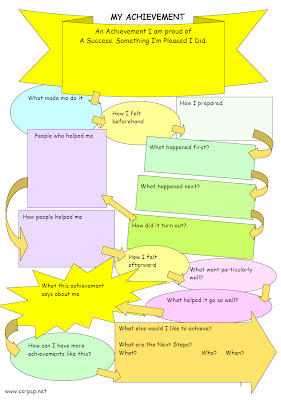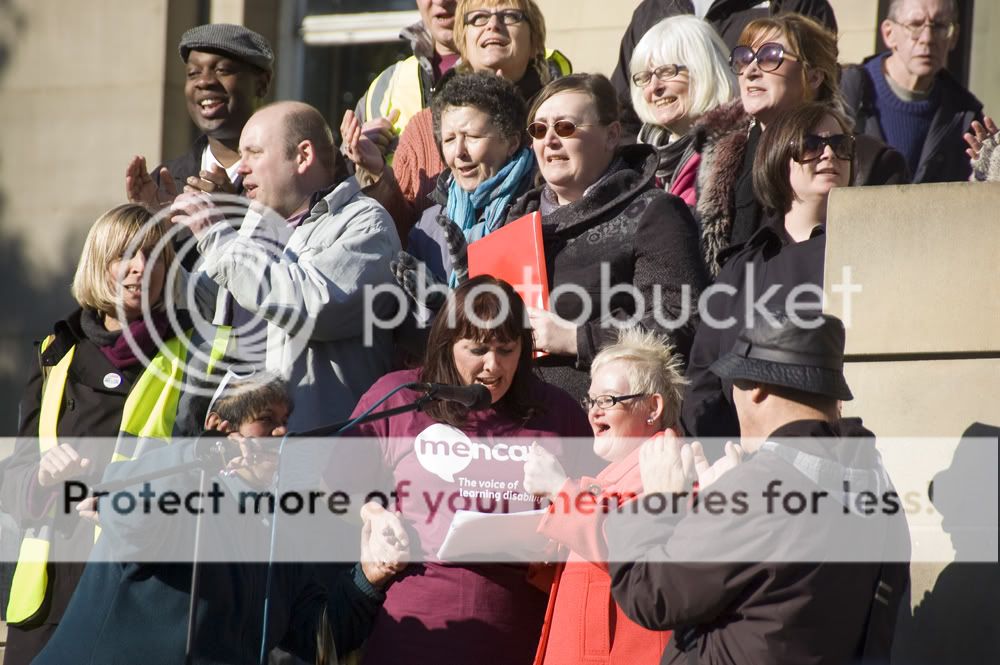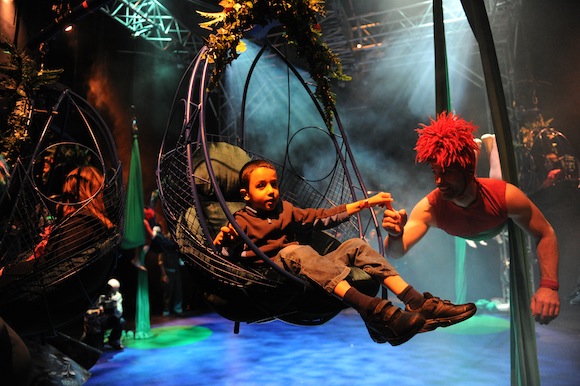It's no secret that human beings, even when they're motivated by their highest purposes will often come into conflict with each other. It's fundamental to who we are. It's neccessary. Trying to avoid conflict is like trying to avoid gravity.
When we're engaged in the work of personalisation and person-centred change, conflict is even more likely. Introducing change that shifts power in the direction of the person and the people closest to the person requires change to easy habits, it requires change to complacent thinking, it requires change in structures, customs and practices. It requires people in positions of power to examine the impact that the exercise of that power has on individuals. It creates discomfort, stirs up the millpond, challenges assumptions, opens up closed cultures to scrutiny by people who use services and their allies.
 |
| Image from http://isathreadsoflife.wordpress.com/ “Fire drives us out of ourselves, it touches the spark within us that leads us to create new worlds in the face of the years gone to ashes before us” |
Add to this mix the impact of a rising number of people requiring social care, coupled with increasingly limited resources being allocated to meet this need. This forces us to fight over slices of a cake that's getting smaller, when maybe we should be thinking about how we take over the bakery.
However we live in a culture where we see conflict as something to be feared. We don't develop conflict skills. We therefore respond to everyday conflict in one of two ways. We either avoid it, meaning that issues fester and grow, or we lash out fearfully, engaging in conflict in a way that is damaging to ourselves and others. I think it's therefore worthwhile thinking more about conflict and ways of engaging in it that keep ourselves and others as safe as possible.
I deliver a conflict training. People keep calling it 'conflict resolution'. I keep telling them that it's not a conflict resolution training because I believe that it’s not always possible, necessary or even desirable to resolve every conflict and disagreement that occurs during person centred planning and thinking.
What is sometimes possible is to use the energy that the conflict generates as a means of motivating people to think harder, take action and learn, whether or not the conflict is ever ultimately resolved.
The impossible desire to ‘resolve’ every conflict emerges from the myths of professional infallibility and service perfection. The reality of everyday life is working with people while agreeing to disagree on many issues, if we can use the exploration of those disagreements to generate positive change, and prevent them descending into negative and destructive forms of conflict, then we are moving in the right direction.
When we're facilitating person centred thinking, we’re not aiming to get everyone to agree, we’re aiming to help the person move toward a life that makes sense for them, and to make our services responsive enough to enable this for many people – some disagreements can hold this back, others help us think better and motivate us to act. We’re simply aiming to have more of the latter kind of disagreement! We therefore need to consider what conditions, what questions and methods help us manage conflict more productively.
I'll be blogging much more on this topic in future weeks: I intend to discuss how we can help people understand that conflict can sometimes be positive, about ways of turning negative conflict into positive conflict, about how we ensure that all points of view are heard and recorded during conflict, how we can use mindfulness in conflict, and how appreciation can enable people who disagree to honestly recognise and honour each others' gifts and heartfelt motivations.
Let's see conflict in a similar way to how we see fire: something to be dealt with carefully, treated with respect, something that is notoriously dangerous when out of control, yet is essential to our lives and potentially a massively productive and creative force.

















